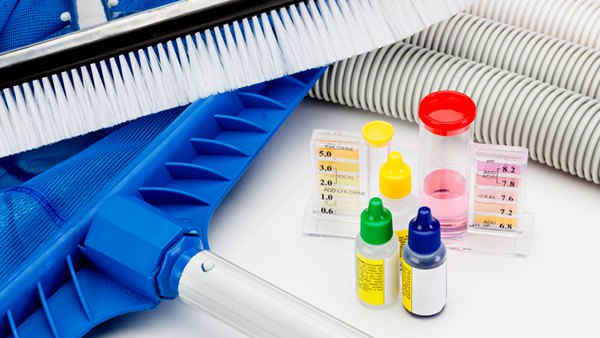Fall and winter are likely to be peak seasons for your recreation facility’s indoor pool usage. Lap swimming, swim lessons, water aerobics and family recreation times dramatically increase activity. As activities increase, so should your safety vigilance.
AIR QUALITY
Proper ventilation and air handling are essential to protect your patrons and your facility. Through evaporation, indoor pools produce a large amount of chlorine-laden vapor, often referred to as chloramines. This can result in:
- rust
- blistering of paint
- deterioration of structural supports
- high humidity and odor, increasing members’ discomfort
- mold, mildew, bacteria and fungi that could affect the health of employees and members
- burning eyes, nose and throat when chemical levels are too high
Employ one of the many vendors and contractors available to analyze your chemical levels, assess your pool’s ventilation and air handling systems and make recommendations. While testing methodologies may differ, they all aim to make your facility one that your members can fully enjoy as they share a little pool fun in these cold months.
TRAINING CAN HELP
If your members constantly refer to that “pool smell,” then it is probably time to take a look at things. Have someone on your staff trained as a Certified Pool Operator and task him or her with staying apprised of all your chemical levels and cleaning protocols. See that the pool area is properly ventilated.
Keep everyone safe, protect your investment and let the winter swim fun begin!
MORE INFORMATION
The Centers for Disease Control and Prevention offer extensive information about indoor pool air quality and operating public swimming facilities.
This loss control information is advisory only. The author assumes no responsibility for management or control of loss control activities. Not all exposures are identified in this article.

